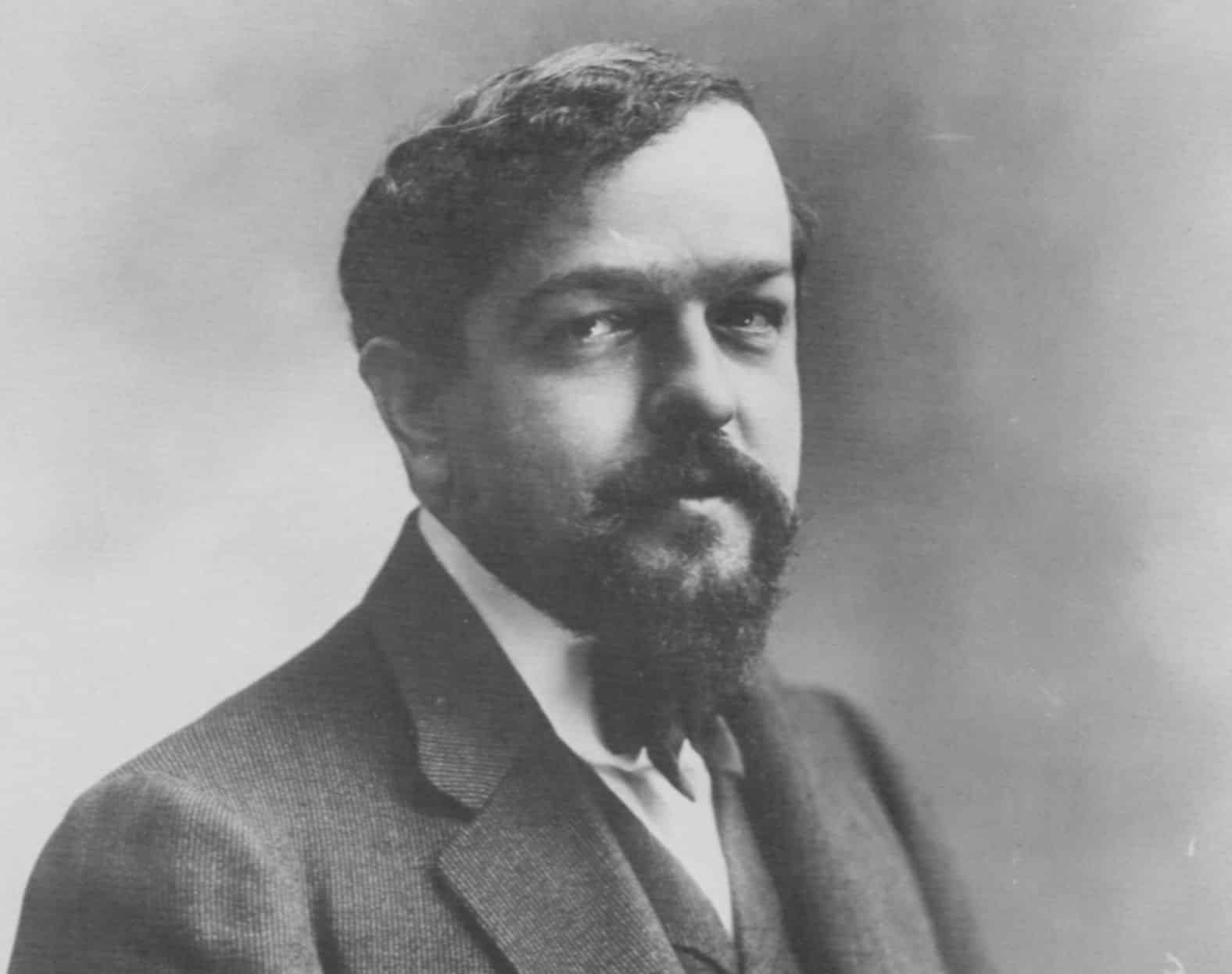
Claude Debussy: A Life in Music
Achille-Claude Debussy (1862–1918) was a French composer whose innovative works profoundly influenced 20th-century music. Often associated with musical Impressionism, a term he himself disliked, Debussy[…]

The Story Behind Debussy’s Danse sacrée et danse profane
Claude Debussy, one of the most innovative and influential composers of the late 19th and early 20th centuries, crafted a mesmerizing work for harp and[…]

The Story Behind Debussy’s Rêverie
Claude Debussy, one of the most influential composers of the late 19th and early 20th centuries, is renowned for his innovative approach to harmony, tone,[…]

Biography of Claude Debussy: The Master of Impressionism
Claude Debussy (1862–1918) was a revolutionary French composer whose groundbreaking music redefined the boundaries of classical music and inspired countless generations of musicians. Widely regarded[…]

The Story Behind Debussy’s Arabesque
Claude Debussy (1862–1918), one of the most celebrated composers of the Impressionist era, created a body of work that continues to captivate audiences with its[…]

Claude Debussy – Biography and History
Claude Debussy, a luminary of impressionist music, was born on August 22, 1862, in Saint-Germain-en-Laye, France. His pioneering compositions would revolutionize classical music, earning him[…]

Claude Debussy – Biography and Life
Claude Debussy (1862-1918) stands as one of the most influential and innovative composers of the late 19th and early 20th centuries, contributing significantly to the[…]